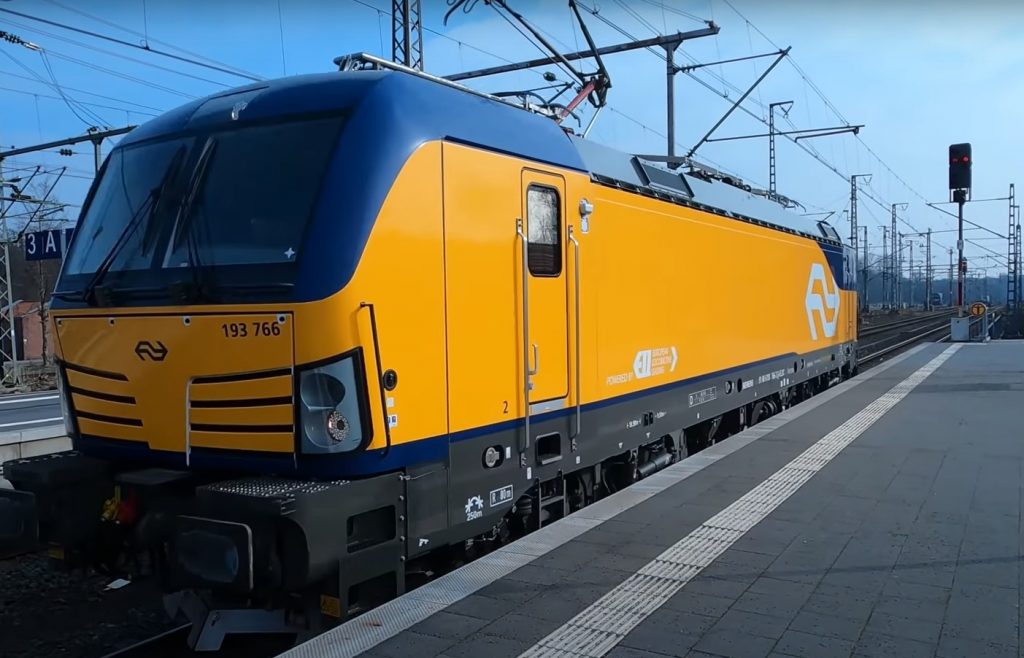“My ambition arose when I realized that we use 3,5 earth per year in the Netherlands. And that's simple: we don't have one. I am a mother of two small children, and I like the idea if they can grow up in the world with raw materials. I have also been to developing countries a lot, such as Ethiopia. All the materials you have there are seen as valuable because they can always be used again. We no longer realize that at all. And I also want to show that here, that raw materials deserve an infinite life. That works too, because I now literally work at a desk made of old ceiling panels from a train that has traveled nearly six million kilometers through the Netherlands. Isn't that great? "
Ilse van Eekeren, Program Manager Circular Entrepreneurship at the Dutch Railways
The story by Ilse van Eekeren is one of the striking stories. How can we design and purchase trains in a circular manner, how can we maximize the use of recycled raw materials, how can we extend their lifespan, how can we prevent waste at the end of their lifespan, and what great new products can we make from waste that is nevertheless released?
Ilse's thesis is that if you can extend the life span of even twenty-year-old trains and reuse them for 99 percent, this should also be possible with other things. In order to realize the transition to a circular economy, we really need to upscale and accelerate, she says. At present, 99 percent of the old trains are getting a second life. That cost her blood, sweat and tears. Her strength is that when she puts her teeth in something, and if she really believes in it, it won't let go.
Ilse van Eekeren can rightly be called a changemaker. Every week gives Change Inc.. three inspiring Changemakers a stage. Change Inc. shows every day how innovative professionals and companies in transition are already shaping the future economy today.

Circular entrepreneurship
Circular entrepreneurship is entrepreneurship in a way that maximizes the reuse of products and raw materials and minimizes their loss of value. The Dutch government is fully committed to one circular economy. It does this through the government-wide program The Netherlands Circular in 2050. It works closely with the business community, because it is precisely companies that have a lot to gain from circular entrepreneurship. Since 2014, it has also joined forces with various social organizations that want to accelerate the transition to a circular economy. All this cooperation forms the basis of the Acceleration House Netherlands circular !. The program is a partnership between MVO Nederland, the Ministry of Infrastructure and Water Management (IenW), VNO-NCW, MKB Nederland, Nederland Circulair! and RVO.nl.
Also read: Swapfiets: In 2025 only circular bicycles

